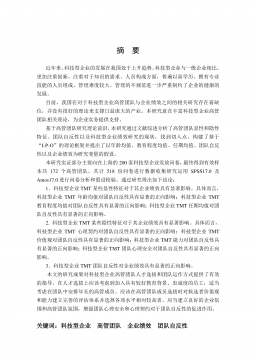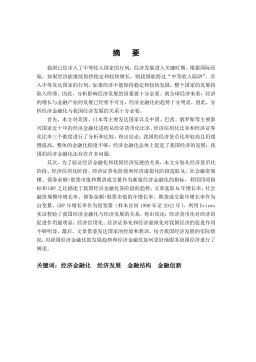USST_Arts_115510204 基于心理契约的核心员工管理研究
摘要2004年,中国电信面临着固定电话业务下滑趋势明显、新兴业务冲击传统运营模式的严峻考验,中国电信敏锐提出了从传统基础网络运营商向现代综合信息服务提供商转型的战略规划。2008年,中国电信收购中国联通CDMA网络,正式成为三家全业务通信运营商之一。2009年1月7日,国内第三代移动通信(3G)牌照正式发放,通信市场进入3G时代,通信业务在更新领域、更深层次展开竞争。企业发展,员工为本,尤其核心员工管理更是推动企业持续发展的关键。如何加强核心员工管理,充分发挥人力资源价值,服务企业战略转型,是提高中国电信核心竞争力的关键。随着公司的战略转型以及3G时代的到来,中国电信FZ分公司面临实现效益的快...
相关推荐
-
10KV电网D-SCADA 系统信息采集与故障诊断研究与设计VIP免费
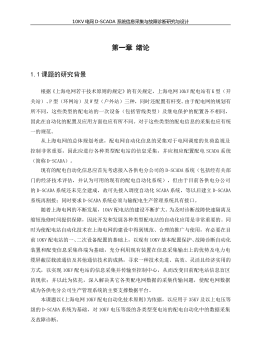
 2024-10-14 26
2024-10-14 26 -
方形吸顶散流器平送风等温射流特性研究VIP免费
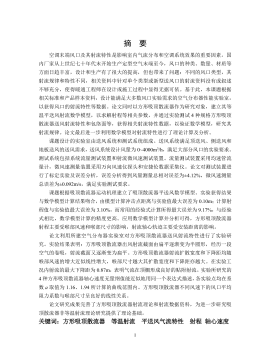
 2025-01-09 7
2025-01-09 7 -
关于充液声导波传感器中频散兰姆波的研究VIP免费
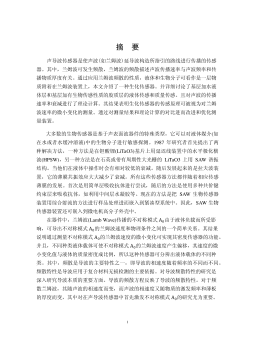
 2025-01-09 10
2025-01-09 10 -
结合梁斜拉桥施工过程中考虑剪力滞影响的分析方法VIP免费

 2025-01-09 6
2025-01-09 6 -
空调房间热舒适性的数值模拟与实验研究VIP免费
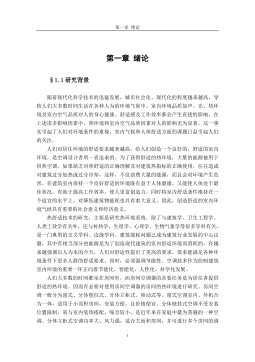
 2025-01-09 7
2025-01-09 7 -
汽车前轮线控转向系统研究VIP免费
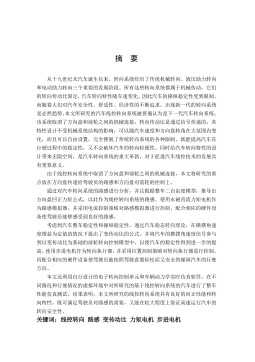
 2025-01-09 8
2025-01-09 8 -
输入分配型混合动力车辆动力系统控制策略研究VIP免费
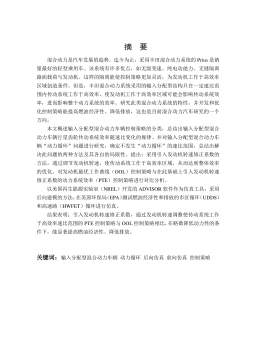
 2025-01-09 7
2025-01-09 7 -
双馈风力发电系统的柔性并网控制研VIP免费
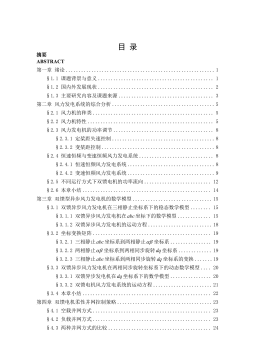
 2025-01-09 10
2025-01-09 10 -
污水处理厂污泥好氧堆肥发酵技术的试验研究VIP免费
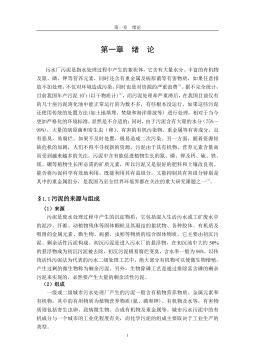
 2025-01-09 7
2025-01-09 7 -
应用风室试验装置的风机性能VIP免费
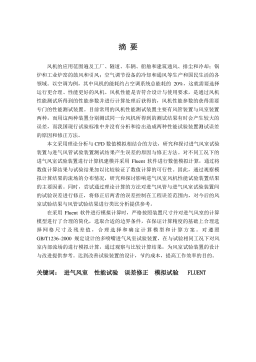
 2025-01-09 8
2025-01-09 8
作者详情
相关内容
-

汽车前轮线控转向系统研究
分类:高等教育资料
时间:2025-01-09
标签:无
格式:PDF
价格:15 积分
-

输入分配型混合动力车辆动力系统控制策略研究
分类:高等教育资料
时间:2025-01-09
标签:无
格式:PDF
价格:15 积分
-

双馈风力发电系统的柔性并网控制研
分类:高等教育资料
时间:2025-01-09
标签:无
格式:PDF
价格:15 积分
-

污水处理厂污泥好氧堆肥发酵技术的试验研究
分类:高等教育资料
时间:2025-01-09
标签:无
格式:PDF
价格:15 积分
-

应用风室试验装置的风机性能
分类:高等教育资料
时间:2025-01-09
标签:无
格式:PDF
价格:15 积分


